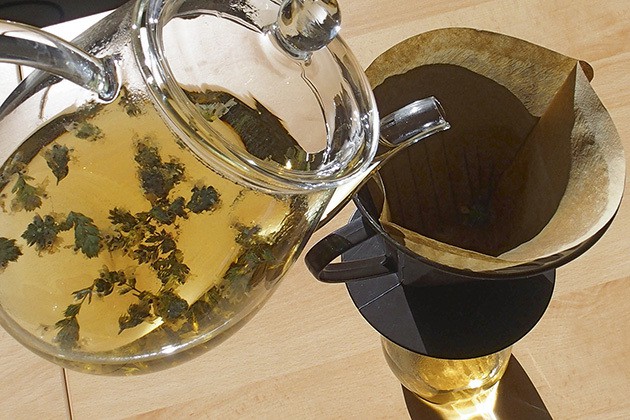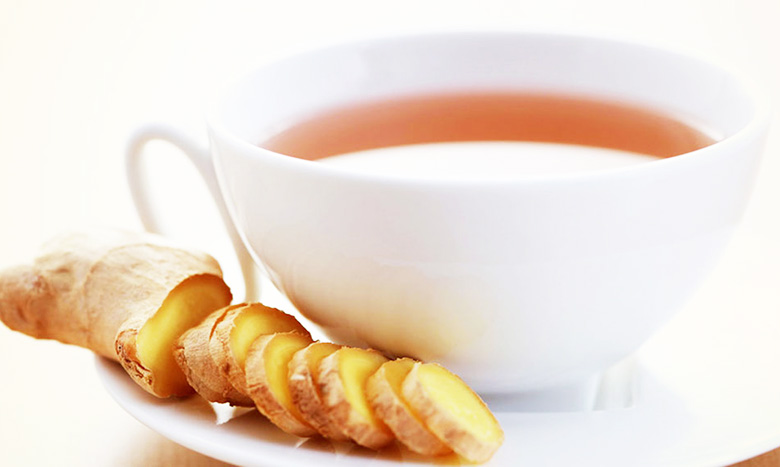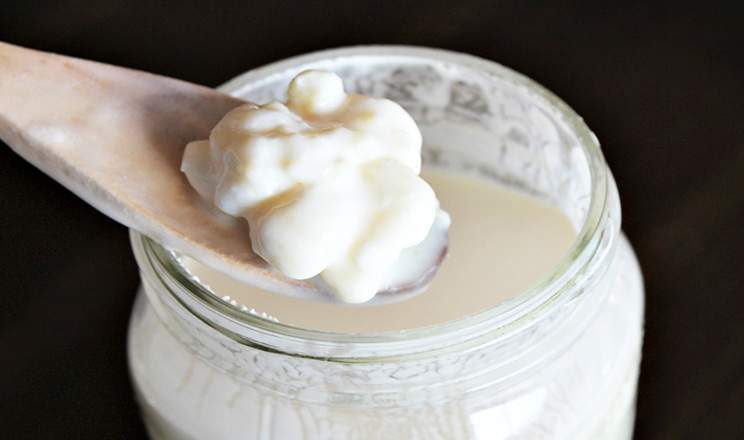We often tend to forget the common household garden slash kitchen tip about veggie and fruit skins being packed with nutrients often more than the pulp inside. We tend to peel then discard them away, forgetting that they are edible, can be delicious and add another depth of flavor and you get more antioxidants. Like for example, did you notice how red wine makes you feel lighter, less bloated and well less sugar-fueled than white wine? Their only difference is that red wine has grape skin included while white does not. The added nutrients from the skins also packs a punch of fiber which is better for digestion while going more for fruit or vegetable juice without skin and especially without pulp is higher in sugar and contain less nutrients.
The aromatic and distinctly pungent plant family that contains onions and garlic pack a glorious punch of flavor, refreshment to counter rich meats and sauces and a guaranteed immune booster. The onion skin itself of course is not meant to be eaten but it could definitely be incorporated in stews, stocks, sauces, stir-fry and many other types of oven, pan or grilled dish. Adding the extra bit of onion skin fortifies your dish with more value to health.
To start with, onion is one the most health-beneficial vegetables on the planet, generally known and praised for their strong antibacterial properties. Onions are also highly efficient in balancing blood sugar levels, stopping nosebleeds, triggering apoptosis of cancer cell (cell death), and supplying the immune system with an abundance of vitamin C.
Darker onions have more nutrients than white or yellow ones. All onions are healthy but red onions contain more antioxidants than its yellow-white friend, it also packs more quercetin which is a phytochemical compound and destroyer of free radicals aka an antioxidant. Besides being a powerful antioxidant, quercetin is an all-around soldier being able to help prevent or fight cancer depending on the stage, anti-fungal, anti-bacterial, and anti-inflammatory properties as well.The onion skin has more antioxidants than the onion itself or the bulb. Onions range in size and the colors of white, yellow-white, golden, brownish, red and red-purplish. Scallions and spring onions are very nutritional too. The lighter skinned onions tend to be sweeter and the more heavily pigmented ones definitely have less sugar, more nutrients and more onion-y sting. Onions are so low calorie and healthy that it can help fight digestive tract growths that are potentially cancerous, fights viruses and bacteria, treats severe skin diseases well, inhibits the growth of harmful microorganisms such as herpes even.
Studies even claim they can cut the risk of stomach cancer in half. That is if you significantly lessen your over processed, over preserved, sugary and fatty cravings and eat more protein and fibre-packed meals with lots of fresh or half-cooked onion, garlic, ginger, chili and fresh herbs. Keep in mind onions have anti-carcinogenic and anti-inflammatory capabilities, and just like garlic it helps clear the sinuses the fresher and less cooked the vegetable is.
Onions have so much flavonoids which are the phytochemical compounds that help fight free radicals when we consume them. They contain high amounts of a micronutrient called polyphenol which helps signal plant cells to grow and develop, they also provide more chlorophyll for the plants and protection against UV light. Polyphenols also help prevent degenerative diseases and makes digestion and chemical cellular exchanges smoother in the small intestines. Soups and broth with more onion, garlic, ginger, citrus and whatever else skin will make it so much more nutritious like crazy level healthy compared to skinless broths without fresh vegetables added. But do not overdo it, too much skin or the wrong skin cooked wrong can make the dish too bitter like what lemon rind can do. Good thing onion and garlic is very easy to use as a whole.
Some crazy articles say that you should mix up onion juice with things like yogurt and lemon juice to make a skin mask. Now I do not doubt that it will work, I am sure that is good for you skin, great even. But- it’s onion…it can be really pungent but if you can deal with it and only use a little bit of white onion juice with a lot of yogurt and a citrus acid, the smell should not stay long. And wash with a fragrant soap afterwards. But what is better and less wasteful than food masks is simply eating as much fresh food as you can. Onions and garlic may give bad breathe but not as long as you think, since they are anti-bacterial and anti-fungal one mouthwash or light brush is all it takes to get rid of that breathe. So use every part of the vegetable and fruit as much as possible, if we do that to a pig right?








